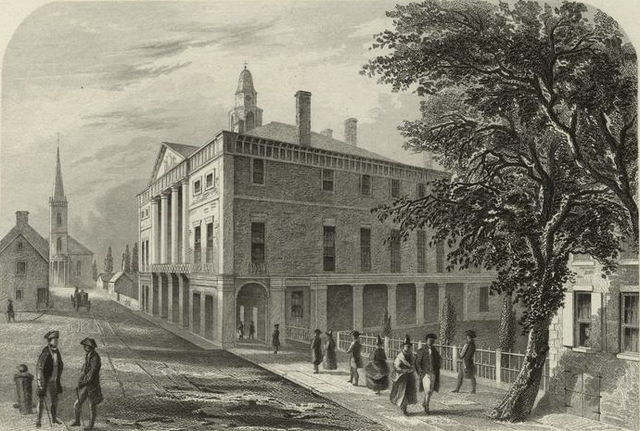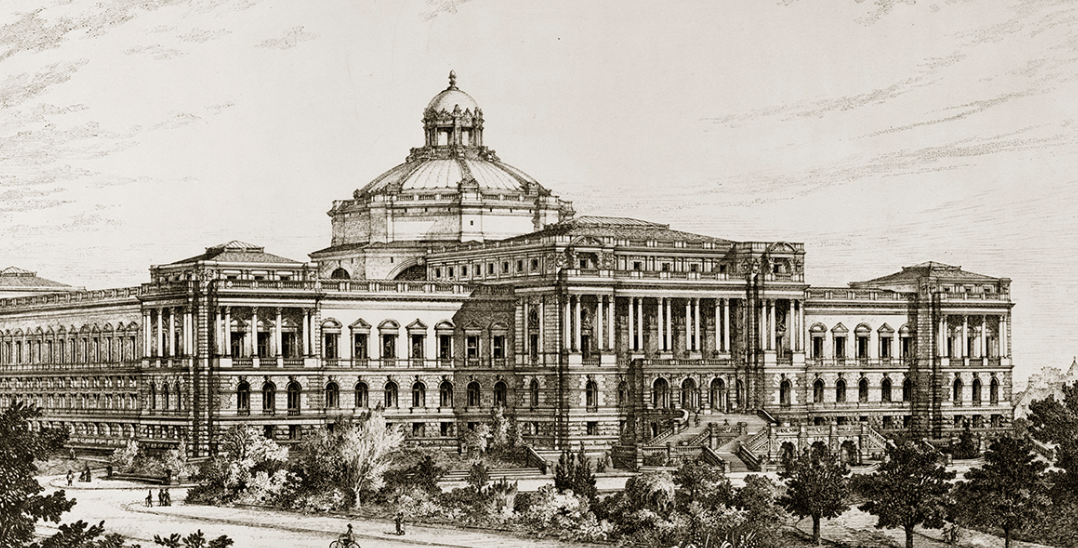On April 1st, 1789, the United States House of Representatives held its first full meeting in New York City. The historic event marked the beginning of a new era in American politics, as the newly formed Congress convened for the first time in the nation’s capital.
The meeting was a momentous occasion, as members of the House of Representatives were elected to represent their respective states and districts. Frederick Muhlenberg of Pennsylvania was elected as the first House Speaker, a position he held until 1791.
As the first Speaker of the House, Muhlenberg played a crucial role in shaping the nation’s legislative agenda. He presided over the House as it worked to pass landmark legislation, such as the Bill of Rights and the Judiciary Act of 1789.
The House of Representatives, along with the Senate, was established under the United States Constitution, which was ratified in 1788. The Constitution granted Congress the power to levy taxes, regulate commerce, and declare war, among other important functions.
Over the centuries, the House of Representatives has become one of the most important institutions in American politics. Its members have played a vital role in shaping the nation’s laws and policies, and its Speaker has often been considered one of the most powerful figures in Washington.
As we reflect on the historic first meeting of the House of Representatives in New York City, we are reminded of the important role that this institution has played in shaping the course of American history. From the early days of the Republic to the present day, the House of Representatives has been a symbol of the people’s will, representing the diverse voices and perspectives of the American people.










